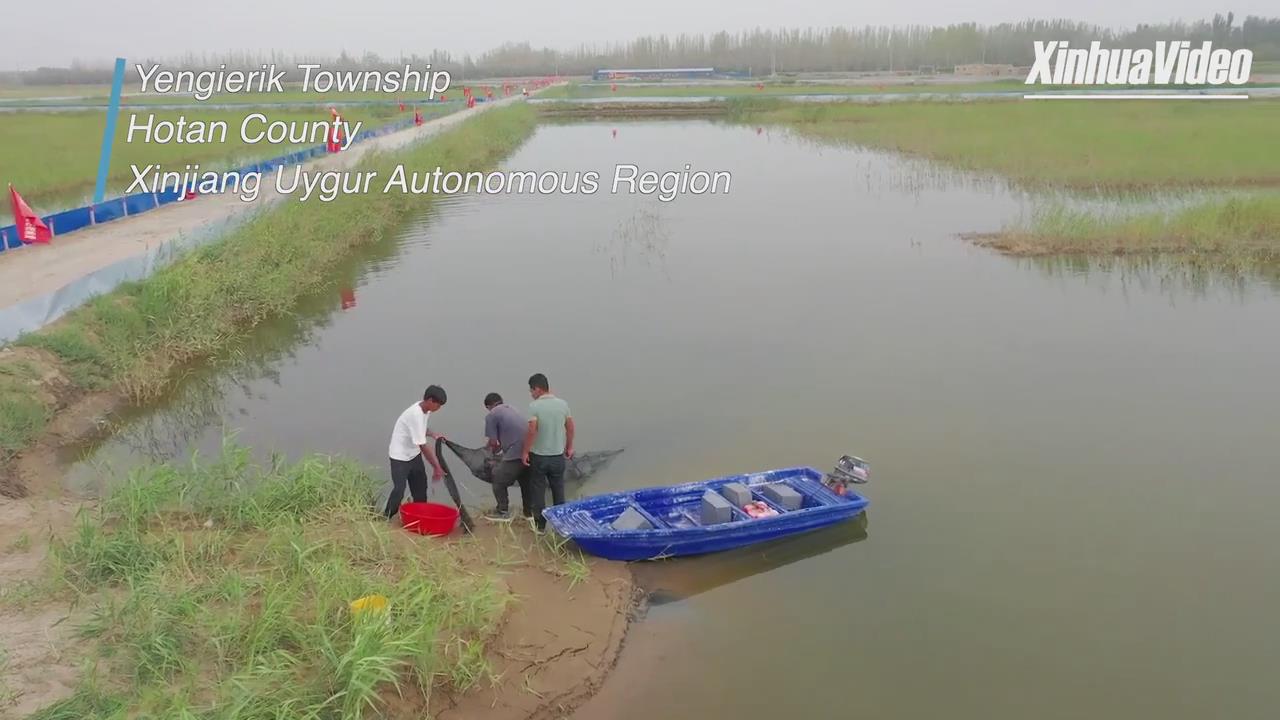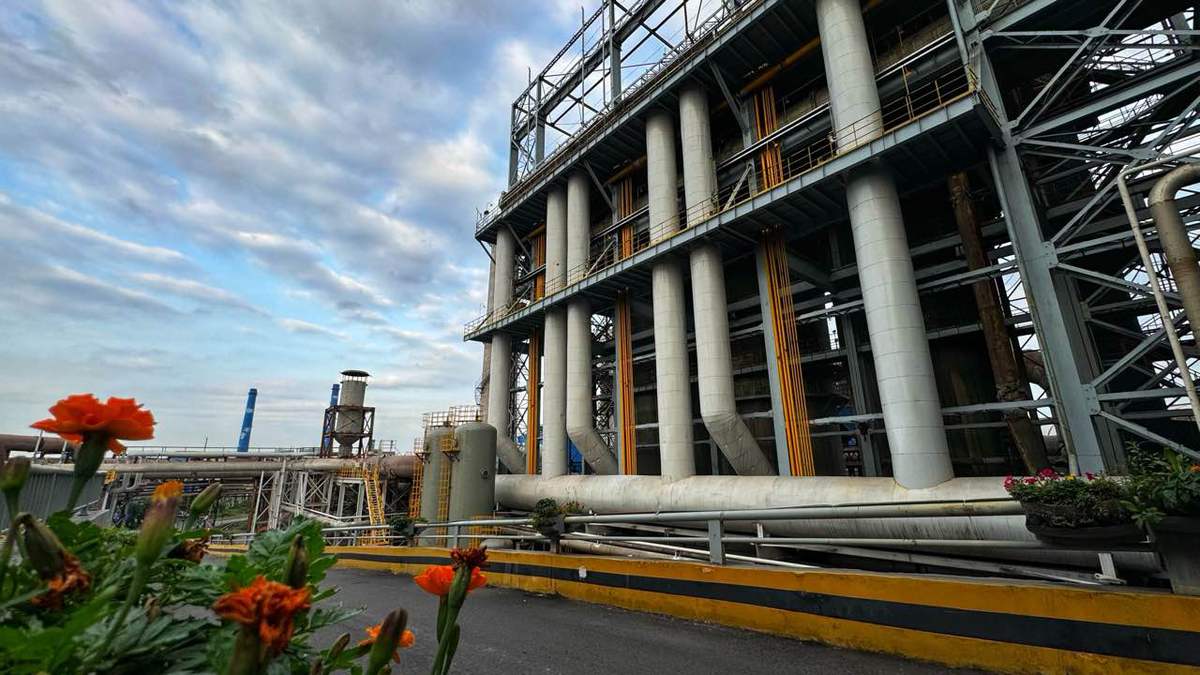In Northwest China's Xinjiang Uygur autonomous region, the Manas National Wetland Park is a beautiful place to visit as tens of thousands of cherished birds roost and feed there, making it an important habitat and breeding ground for migratory birds.
Meng Bianjiang, deputy director of the park administration bureau in Changji Hui autonomous prefecture, said with the improving environment of the wetland and its surrounding regions, more and more migratory birds pass through the park — which works as an important station on the No 3 line of world migratory birds — with some 100,000 heads each day.
Beautiful as the birds are, they are sometimes a potential hazard to the local energy security, as their droppings and nesting materials can fall on high-voltage power lines, leading to short circuits and discharges, and thus causing power disturbances.
To realize a win-win situation for maintaining power facilities and protecting birds, Meng said his bureau joined the local unit of the State Grid — which shoulders a dual task of safeguarding the nation's energy security and economic lifeline — to launch a green initiative of jointly protecting the migratory birds.
"We advocate transferring the previous concept of 'repelling birds' to a concept of 'protecting birds' in an effort to greet a win-win situation for maintaining power facilities and protecting birds," he said.
By fulfilling its social responsibility through integrating a concept of sustainable development into enterprise management, State Grid Xinjiang Electric Power Co Ltd has organized a "Protect Power Lines and Care Birds Alliance," composed of State Grid service team members and youth volunteers, as well as staff members from Meng's bureau.
For three consecutive years, they have sped up a "Green Lifeline" drive by carrying out activities centering on the World Wetland Day, "Bird Friendly Week" and the National Public Welfare Day, said He Changxu, a staff member from State Grid Xinjiang Electric Power and a member of the alliance.
He noted that birds nesting and defecating on the power transmission towers are natural behaviors, and the power lines located in the wetland park have become the birds' most-frequented place.
"This not only brings hidden dangers to power transmission, but also seriously threatens the safety of migratory birds," He said.
The State Grid Xinjiang Electric Power has been taking a two-pronged approach to solve the problem, he said.
For one, they carried out the insulation modification on three 10-kilovolt power lines for the wetland park and promoted the electric heating among over 200 enterprises and households around the park, thus reducing coal-fired pollution.
For the second, the company also installed "artificial bird nests" in appropriate locations on the transmission towers by utilizing used helmets, helping the birds move into their "new homes," He said.
"This is not only effective to avoid line failures caused by the birds, but also helps protect the birds for their normal reproduction, so that grid security and ecological environment can usher in harmonious development," he said.
During the past few years, the State Grid Xinjiang Electric Power has regularly organized weekly patrols by distribution line professionals and environmental protection volunteers.
He said: "During the bird migration season, the number of swans coming here to overwinter has reached 2,000, and the figure climbs by hundreds year by year, indicating that its ecological environment is getting better."
On March 20, the State Grid Xinjiang Electric Power organized the alliance members to hold a seminar, formally kicking off this new year's bird-loving and line protection work.
Zhang Guihua and Xing Wenjing contributed to this story.
Please contact the writers at zhuangqiange@chinadaily.com.cn





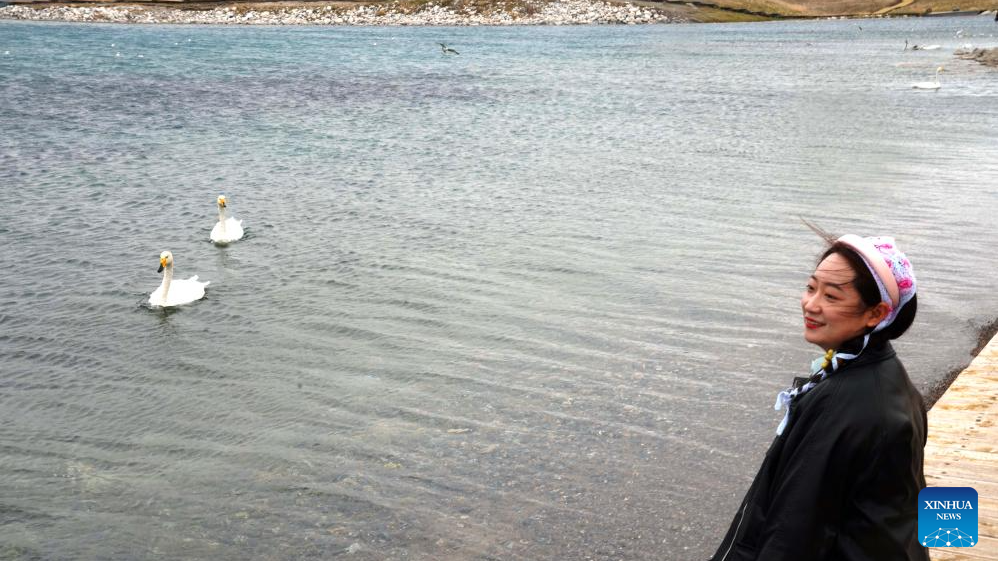
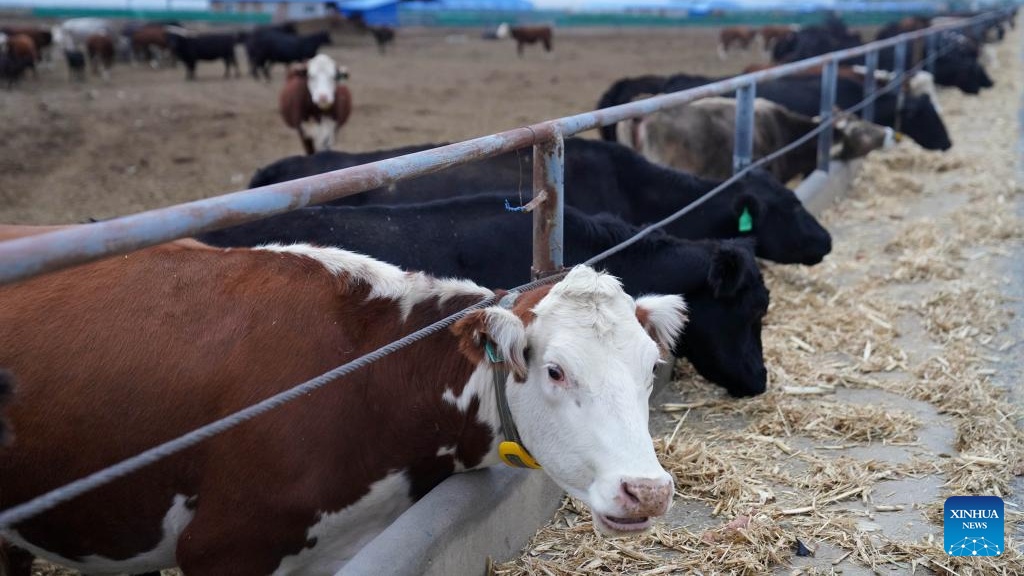










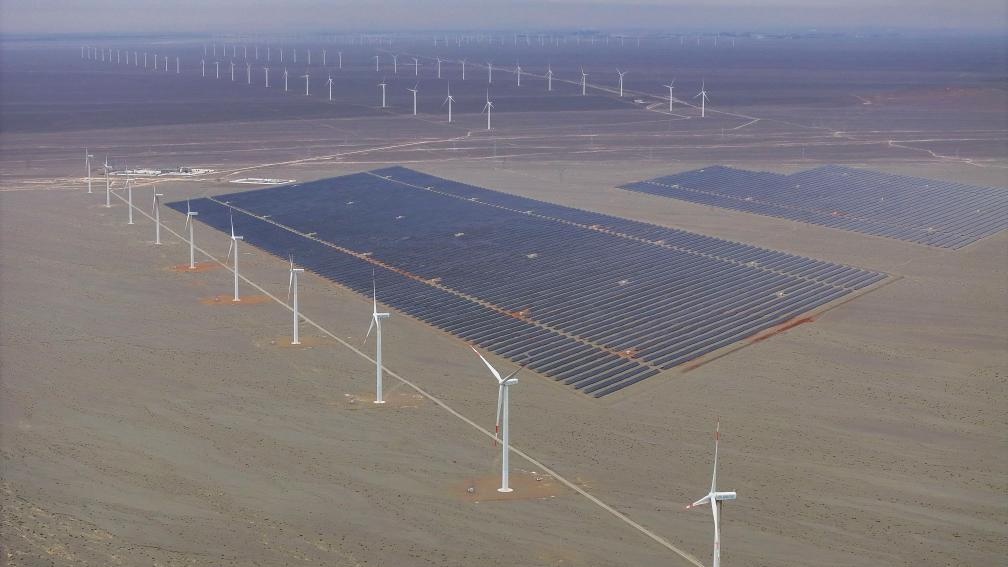


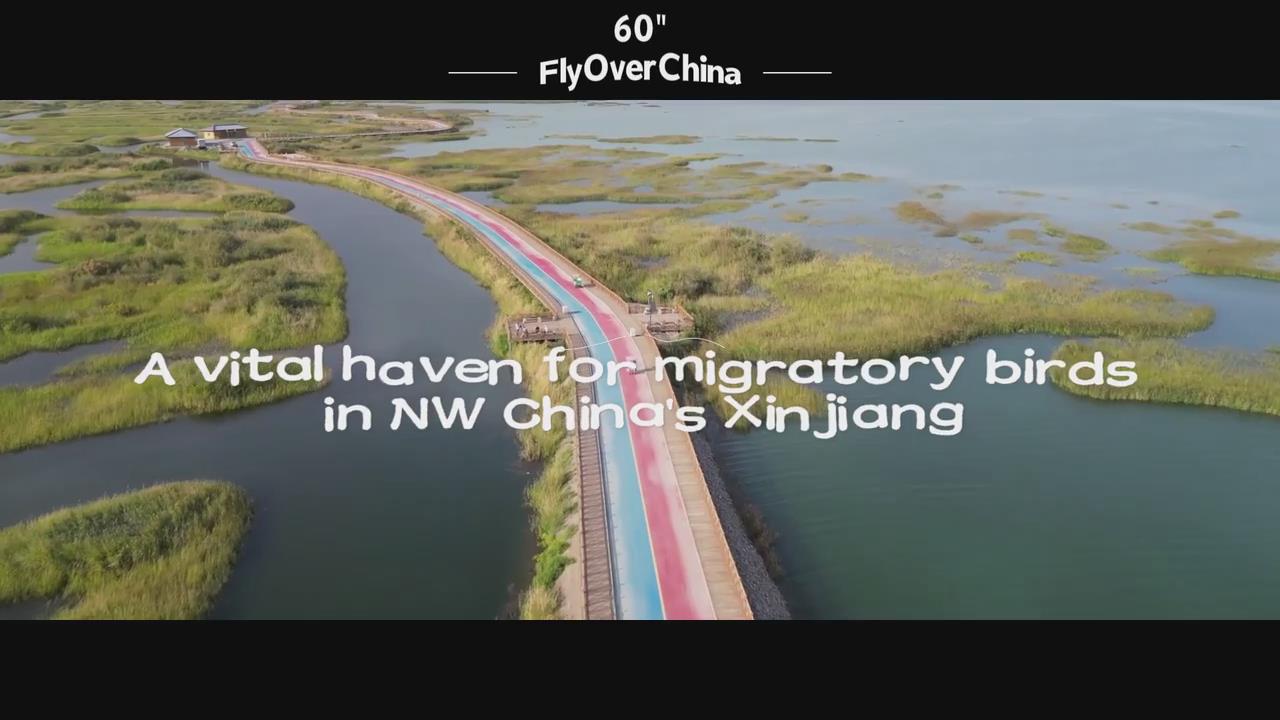

.jpg)



